
Characters in The Lord of the Rings
Source: Wikipedia. Pages: 50. Chapters: Gandalf, Bilbo Baggins, Arwen, Shelob, Tom Bombadil, Samwise Gamgee, Éowyn, Radagast, Boromir, Déagol, Treebeard, Glorfindel, Celeborn, Denethor, Goldberry, Éomer, Bill Ferny, Fredegar Bolger, Gríma Wormtongue, Gildor... Viac o knihe
Produkt je dočasne nedostupný
16.72 €
bežná cena: 19.00 €
O knihe
Source: Wikipedia. Pages: 50. Chapters: Gandalf, Bilbo Baggins, Arwen, Shelob, Tom Bombadil, Samwise Gamgee, Éowyn, Radagast, Boromir, Déagol, Treebeard, Glorfindel, Celeborn, Denethor, Goldberry, Éomer, Bill Ferny, Fredegar Bolger, Gríma Wormtongue, Gildor Inglorion, Helm Hammerhand, Elladan and Elrohir, Sauron, Aragorn, Saruman, Faramir, Gollum, Galadriel, Frodo Baggins, Legolas, Witch-king of Angmar, Gimli, Meriadoc Brandybuck, Elrond, Peregrin Took, Círdan, Théoden, Mouth of Sauron, Beregond and Bergil, Old Man Willow, Imrahil, Gamling, Háma, Gothmog, Barliman Butterbur, Halbarad, Farmer Maggot, Elanor Gardner, Grimbold, Erkenbrand, Ceorl, Elfhelm, Húrin the Tall, Éothain, Éomund, Forlong the Fat. Excerpt: Sauron (pronounced ) is the primary antagonist and titular character of the epic fantasy novel The Lord of the Rings by J. R. R. Tolkien. In the same work, he is revealed to be the same character as "the Necromancer" from Tolkien's earlier novel The Hobbit. In Tolkien's The Silmarillion (published posthumously by Tolkien's son Christopher Tolkien), he is also revealed to have been the chief lieutenant of the first Dark Lord, Morgoth. Tolkien noted that the "angelic" powers of his constructed myth "were capable of many degrees of error and failing", but by far the worst was "the absolute Satanic rebellion and evil of Morgoth and his satellite Sauron." The cosmological myth prefixed to The Silmarillion explains how Eru, "the One", initiated his creation by bringing into being innumerable spirits, "the offspring of his thought," who were thus with him before anything else had been made. The being later known as Sauron thus originated as an "immortal (angelic) spirit." In his origin, Sauron therefore perceived the Creator directly. As Tolkien noted: "Sauron could not, of course, be a 'sincere' atheist. Though one of the minor spirits created before the world, he knew Eru, according to his measure." In the terminology of Tolkien's invented language of Quenya, these angelic spirits were called Ainur (sg. Ainu). Those who entered the physical world were called Valar (sg. Vala), especially the most powerful ones. The lesser beings of the same race, of whom Sauron was one, were called Maiar (sg. Maia). In Tolkien's letters, the author noted that Sauron "was of course a 'divine' person (in the terms of this mythology; a lesser member of the race of Valar)". Though less mighty than the chief Valar, he was more powerful than many of his fellow Maiar; Tolkien noted that he was of a "far higher order" than the Maiar who later came to Middle-earth as the Wizards Gandalf and Saruman. As created by Eru, the Ainur were all good and uncorrupt, as Elrond stated in The Lord of the Rings
- Vydavateľstvo: Books LLC, Reference Series
- Formát: Paperback
- Jazyk:
- ISBN: 9781156419557


 Anglický jazyk
Anglický jazyk 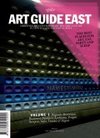
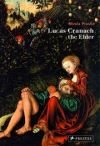
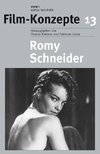
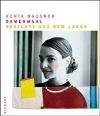
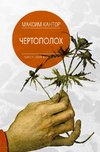
 Ruský jazyk
Ruský jazyk 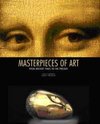
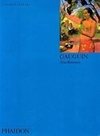
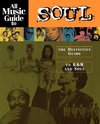
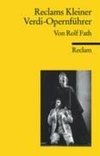
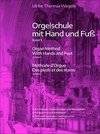
 Nemecký jazyk
Nemecký jazyk 